UPDATE 9/27/13, 2:30 P.M. We heard back from David Hess this afternoon, who let us know that the owners of Dunkin’ Donuts plan to open to shop in late October, pending there are no delays in construction.
West Philly Local wrote about many real estate developments taking place in the neighborhood–some of which are welcomed, some of which are criticized. In an effort to keep you up-to-date on a few of these projects, we’ve complied Part I of a list of building updates. Part II is coming soon.
- In April, we reported that Renaissance Healthcare & Rehabilitation Center at 4712 Chester Avenue will undergo some renovations, including the demolition of two vacant, dilapidated houses adjacent to the property. When we stopped by the site this week, we saw that the buildings have been mostly torn down, with the foundation of the structures still standing three-quarters of the way. Two people were also scavenging the mountains of bricks and debris that littered the fenced-in lot. Nursing Home Administrator Camella Kane, who spoke with us originally, said the center had “nothing to report at this time,” even when pressed for further information.
- In June, we let you know that Dunkin’ Donuts is coming to 41st Street and Chester Avenue, opening up shop in the group floor of the multi-tenant building at 4100 Chester Avenue this fall. Well, observation makes it seem as if everything is still on track, with a sign for the fast-food coffee joint having gone up late this summer. As for the interior, wall beams have been erected and construction seems on the steady. We couldn’t get a confirmation of progress from David Hess, owner and manager of the multi-unit property, by the time of publication.
- As for the Sedgley Apartments, the historic building undergoing renovations, renovation work should be finished in a few months, said Noah Ostroff, principal at 400 S. 45th Street LLC, which owns the Sedgley. According to Ostroff, the team is making “good progress” and the apartments—which he said will be affordable and competitively priced—should be available for rent come early January. “We believe [the Sedgley] is going to be one of the more luxurious rental buildings in the area,” Ostroff told West Philly Local.
–Annamarya Scaccia


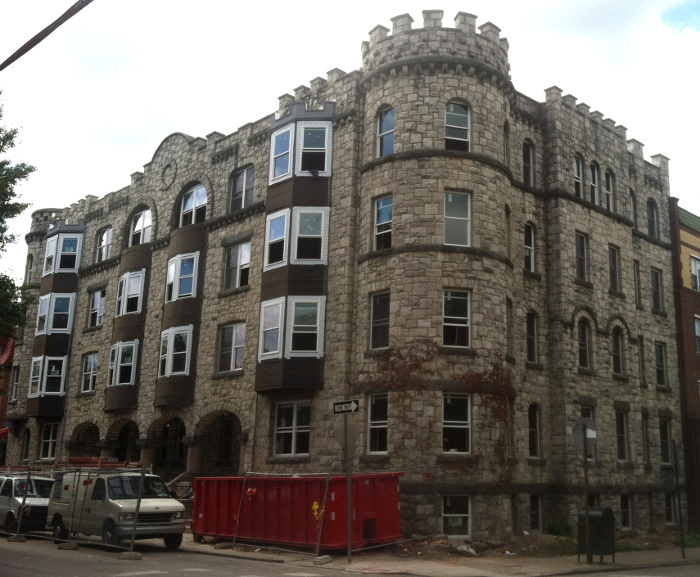
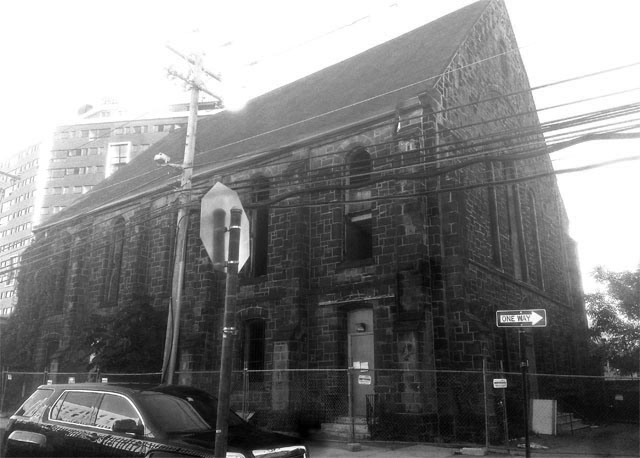
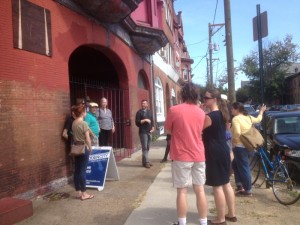
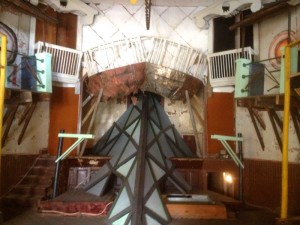
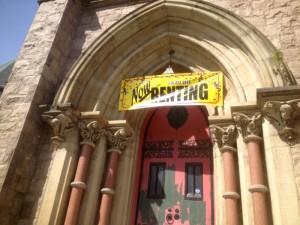
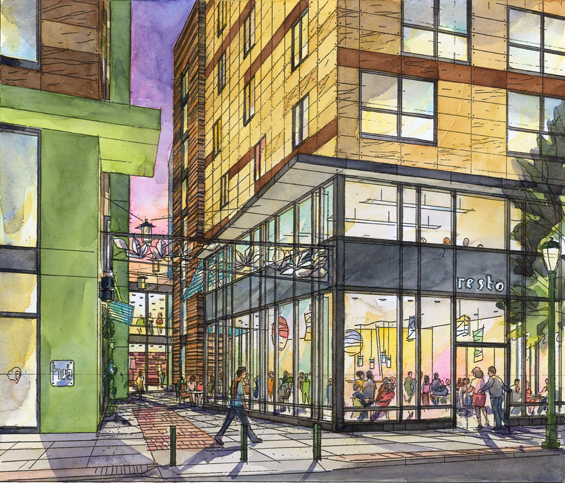
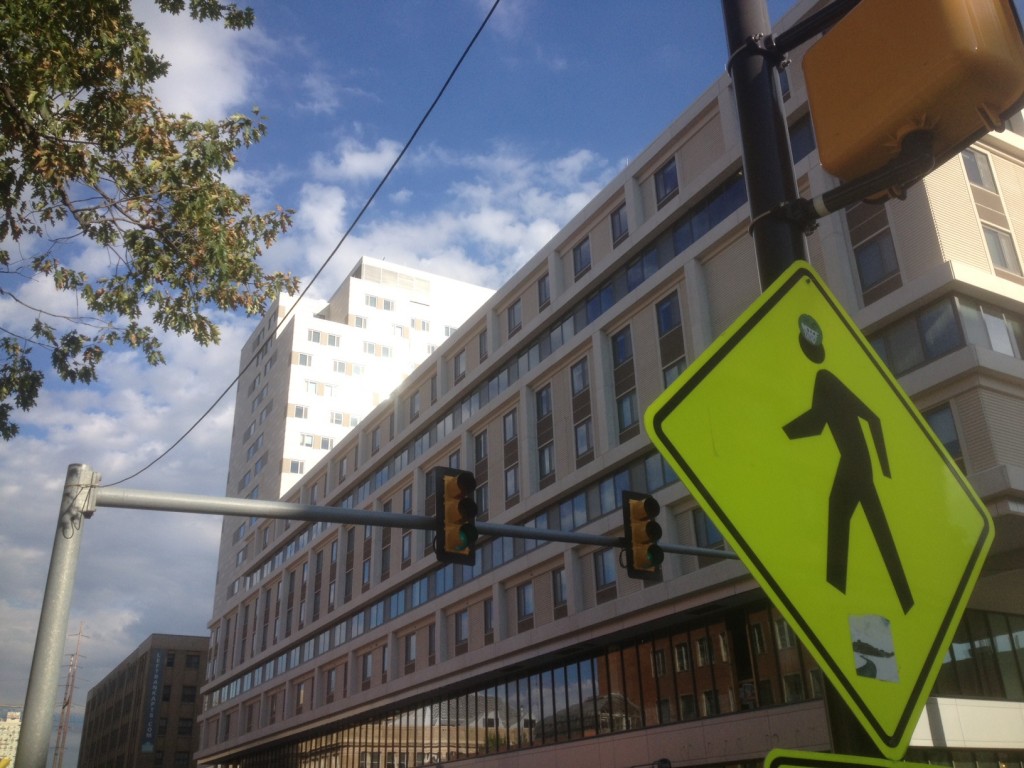
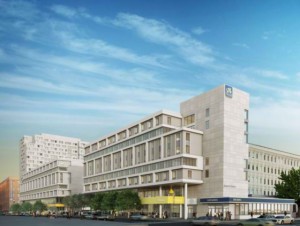
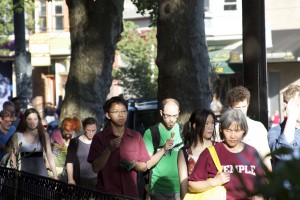



Recent Comments